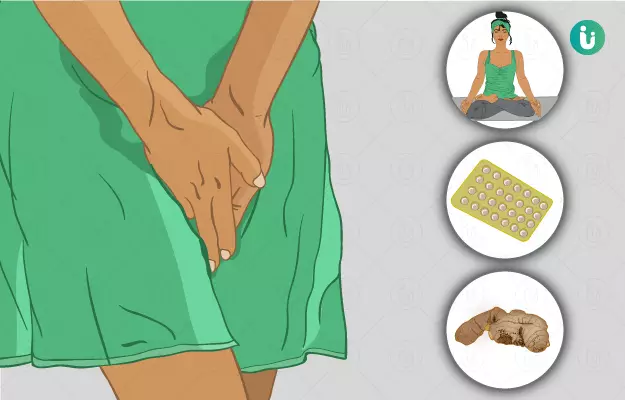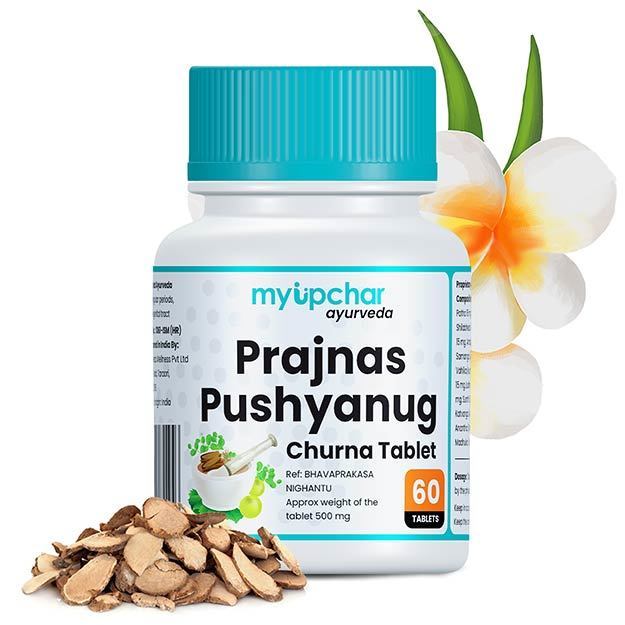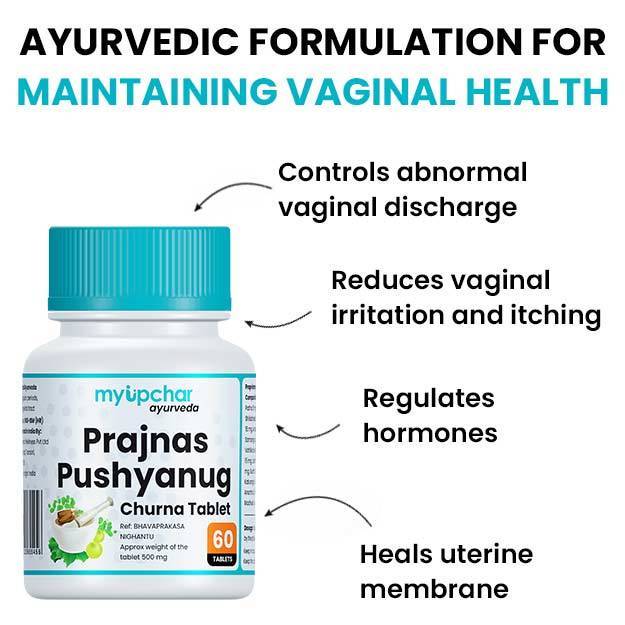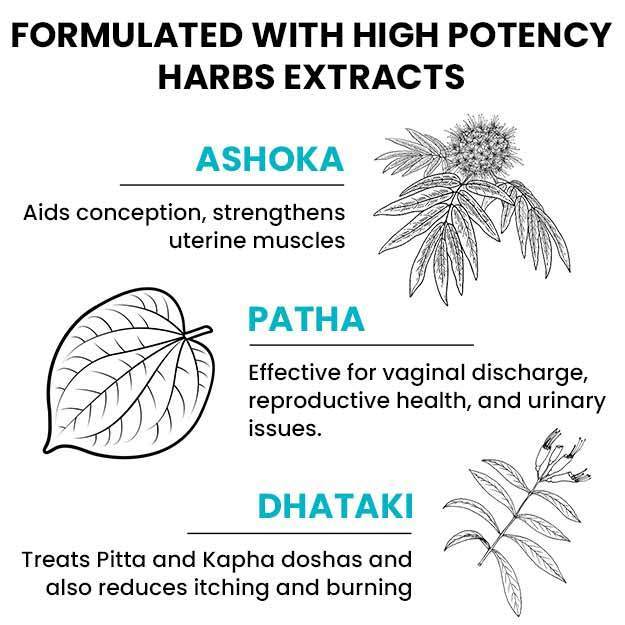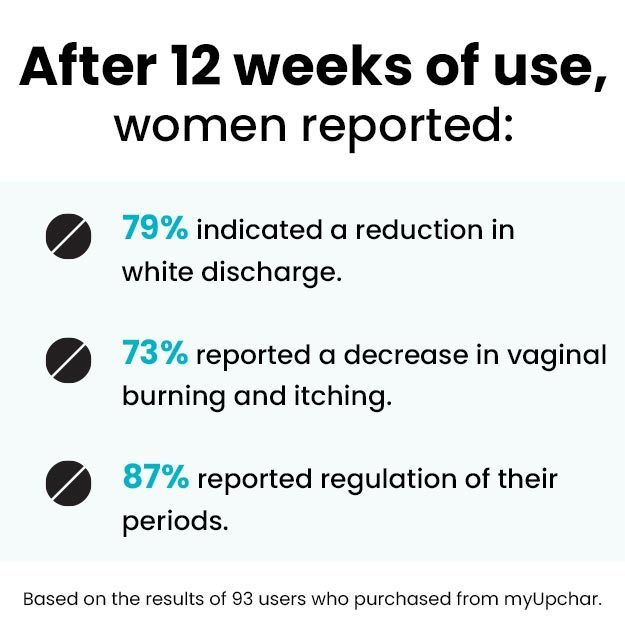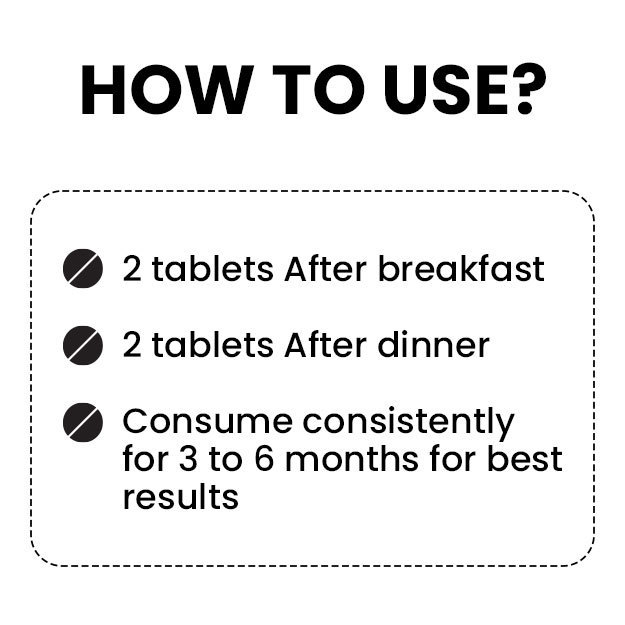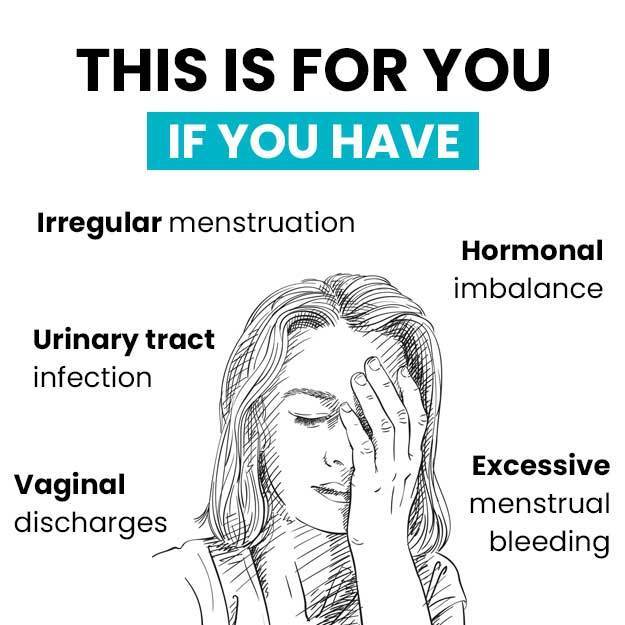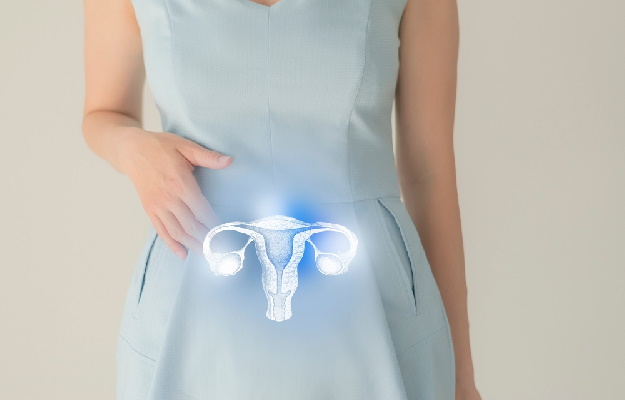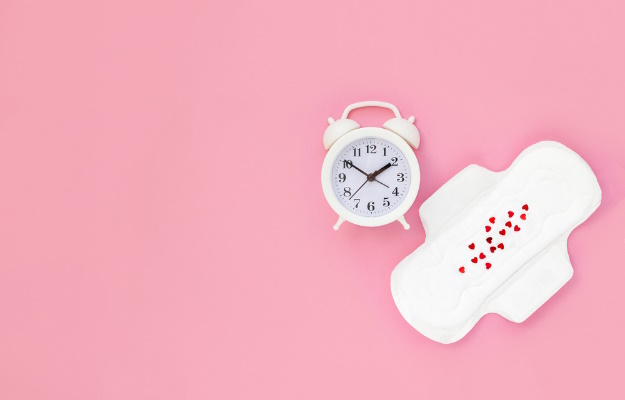There are some natural foods and vitamin supplements, which when consumed for a prolonged duration may help in reducing the number of period days. According to a comprehensive review of the biomedical literature on menorrhagia, following are the dietary supplements and herbs which may help in reducing the bleeding and ending your period early:
Vitamin A
Taking vitamin A supplements has been shown to reduce the number of period days. The maximum dose of vitamin A is 3000 mcg for adults. A higher dosage is recommended to end periods early. It is recommended to consult a doctor to understand this dosage.
Iron
Most of you may not be aware that a deficiency of iron may lead to heavy menstrual bleeding, sometimes increasing the duration of your period days. Therefore, incorporating iron-rich foods in your diet such as blackstrap molasses, raisins, Brewer’s yeast, spinach, eggs, beans, may help to shorten your periods by a day or two.
Vitamin B complex
When the body has a deficiency of vitamin B complex, the function of the liver is reduced. As a result, the liver is not able to inactivate the estrogen hormone responsible for menstruation. Hence, taking vitamin B complex supplements each day might help in reducing the length of your period.
Vitamin C and Bioflavonoids
Vitamin C and bioflavonoids not only reduce heavy bleeding but also aid in better absorption of iron from the diet. They help in reducing the breakage of the capillary walls. Hence, including foods rich in Vitamin C and bioflavonoids such as citrus fruits (lemon, orange, mango, tomatoes, and more) and vegetables (broccoli, potatoes, cauliflower, spinach, and other green vegetables) may help in ending your period soon. You may also take vitamin C supplements on a daily basis. The maximum daily dosage of vitamin C is 75 mg for adult females and 65 mg for adolescent girls.
Vitamin K
Vitamin K is an important nutrient for the mechanism of clotting. Although many women have normal bleeding and clotting time, the use of vitamin K supplements may actually help those who have mild clotting problems. The daily dosage for adolescent girls is 75 mcg per day and for adult women is 90 mcg per day. However, for ending a period, these dosages may be increased by your doctor according to your health, weight, height, and other medical conditions.
Read more: Bleeding/clotting time test
Other methods
A few other methods which may be effective in reducing the number of period days include exercise, massage, heat therapy, having an orgasm, drinking more water among others. These may be beneficial in reducing your period duration because:
- exercise makes your endometrial lining shed faster and earlier, thus, reducing the number of period days.
- heat therapy and massage in the pelvic area help to relax your uterine muscles and improve blood circulation. Although they have been found to be very helpful in relieving period pain, they may or may not aid in the reduction in the duration of menses.
- having an orgasm during menses also helps in shedding the endometrial lining fast besides relieving your pelvic pain.


